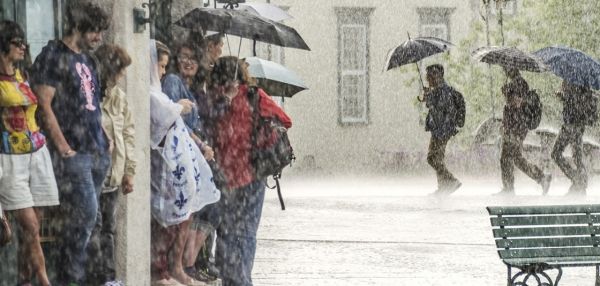When it rains, it pours, the saying goes. When it pours to excess, that’s when life gets messy. And possibly dangerous.
We spoke with NOAA weather expert Dr. David Novak of NOAA’s Weather Prediction Center to better understand why extreme rainfall events occur and how timely forecasts matter:.
Q: So, what defines extreme rainfall events, and why do they happen?
David Novak: While there is no single definition of extreme rainfall, per se, a good benchmark is a month’s worth of rain for a given location falling in one day — that’s a big event. And impacts vary by location.
Many events of extreme rainfall share characteristics, such as high moisture and an atmospheric disturbance (i.e., a winter storm, warm/cold front or tropical cyclone). The longer these conditions persist in the same place, the more extreme the rainfall you’re likely to have.
For example: We know that warmer air can hold more moisture, and moisture is a key ingredient to heavy rainfall, so it stands to reason that a warmer environment overall is capable of generating more extreme rainfall.
Continue reading at NOAA.
Image via NOAA.


